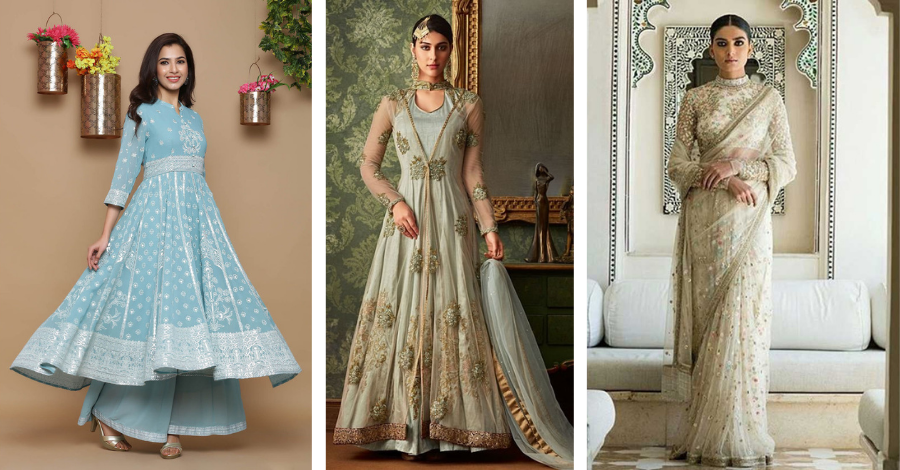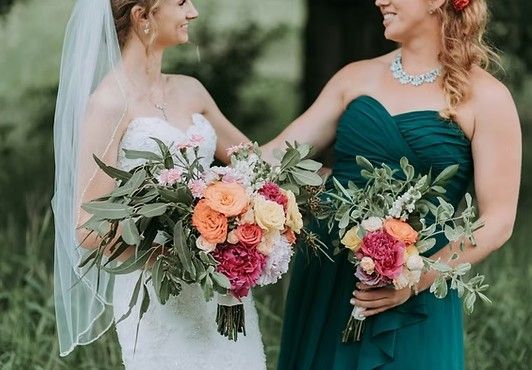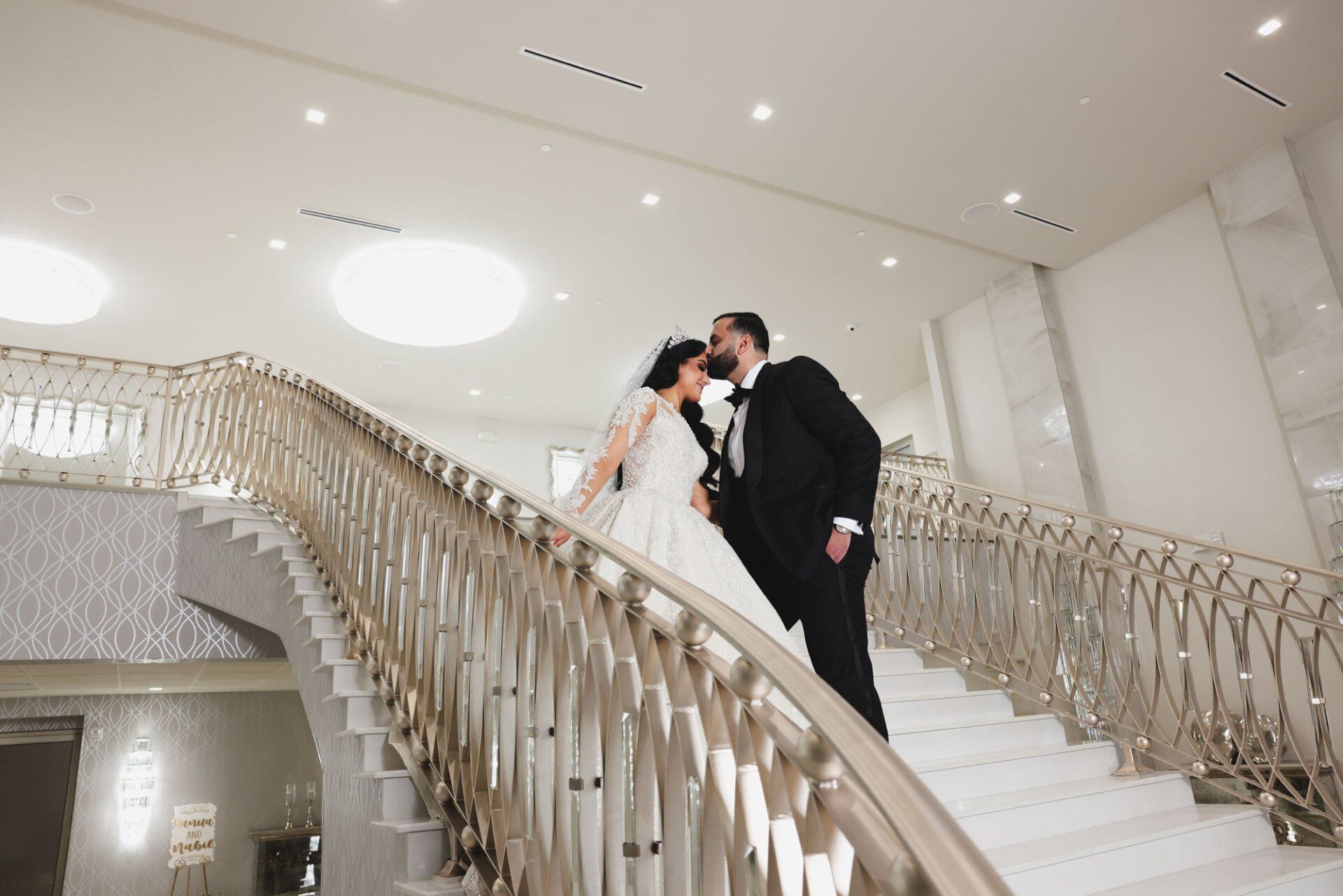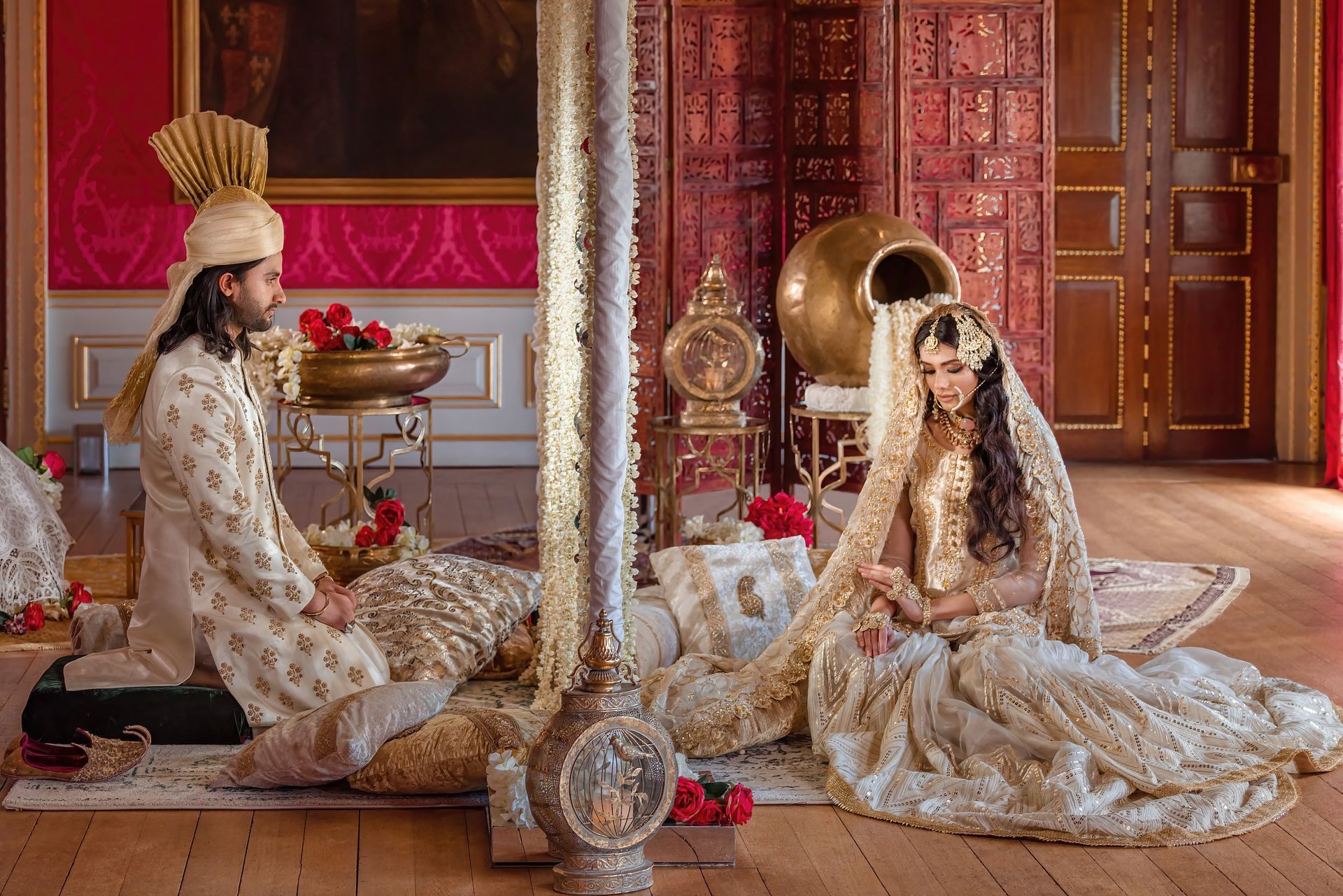New Title
Muslim Wedding Guest Style: Your Ultimate Outfit Guide
Attending a Muslim wedding and unsure of what to wear? Modesty is key, but that doesn’t mean you have to compromise on style. Whether the wedding is traditional or contemporary, this guide will help you choose the perfect outfit while respecting cultural and religious customs.
Understanding the Muslim Wedding Dress Code
Muslim weddings are diverse, reflecting different cultural backgrounds and traditions. However, modesty is a common theme in all ceremonies. Here are some general dress guidelines:
- Cover arms, legs, and chest appropriately.
- Choose loose-fitting attire that does not hug the body.
- Avoid sheer or transparent fabrics.
- Opt for elegant and subtle designs over flashy or overly embellished outfits.
Traditional vs. Modern Muslim Wedding Attire
Depending on the wedding’s cultural background, you may see different traditional outfits:
South Asian Weddings
Women can wear a shalwar kameez, saree, or lehenga, while men typically opt for a sherwani or kurta pajama.
Arab Weddings
Abayas and kaftans are popular choices for women, while men wear a thobe or dishdasha.
Western-Influenced Muslim Weddings
Women may opt for maxi dresses with a modest neckline and sleeves, while men wear formal suits.
Outfit Ideas for Women
Maxi Dresses and Gowns
Long-sleeved maxi dresses with high necklines offer elegance and comfort, making them a perfect choice.
Traditional Ethnic Wear
If you want to embrace tradition, a beautifully embroidered abaya, saree, or kaftan is a great option.
Hijab Styles for Weddings
For hijabi guests, try experimenting with different hijab draping styles to complement your outfit.
Outfit Ideas for Men
Formal Suits
A tailored suit in neutral or dark shades is a safe and stylish choice.
Traditional Wear
Depending on the wedding culture, men can opt for a sherwani, kurta pajama, or thobe.
What to Avoid Wearing
- Short skirts or dresses above the knee.
- Sleeveless or low-cut tops.
- Tight or overly revealing clothing.
- All-white outfits, as white is typically reserved for the bride.
- All-black attire, which is associated with mourning in some cultures.
Muslim Wedding Guest Etiquette
Respect Cultural Norms
Muslim weddings may include religious traditions such as prayers, so dressing respectfully is essential.
Be Mindful of Gender Segregation
Some Muslim weddings have separate seating areas for men and women, so check beforehand.
Footwear Considerations
If the wedding takes place in a mosque, you may need to remove your shoes before entering certain areas.
Where to Shop for Muslim Wedding Attire
Looking for the perfect outfit? Explore modest fashion retailers, department stores, or traditional clothing boutiques.
Celebrate in Style with CrystalView Weddings and Events
Need help planning your wedding with cultural traditions in mind? CrystalView Weddings and Events offers expert planning and luxurious venues to create your dream wedding. Explore our services today!





